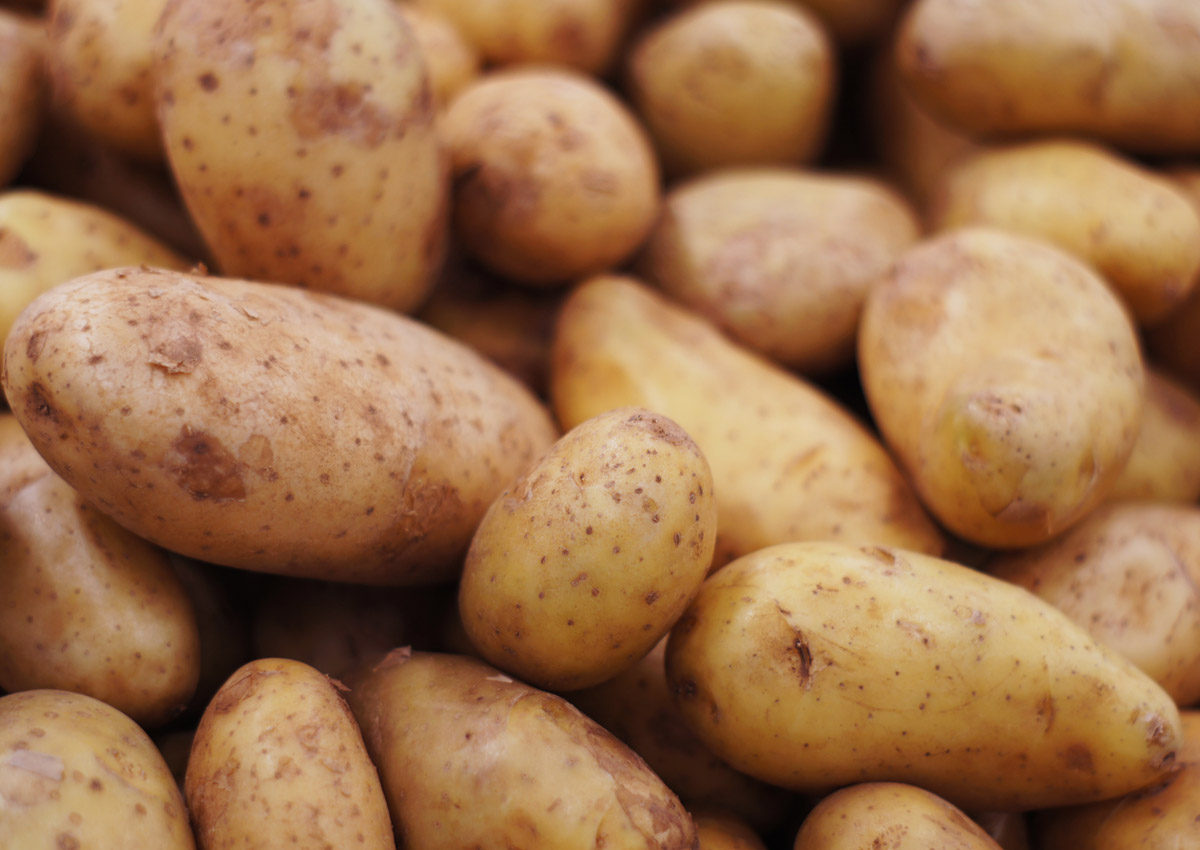
World Experts Release Roadmap for Next Generation Crops
June 17, 2020| |
A team of world experts including Professor Yong-Ling Ruan from the University of Newcastle has published findings and insights that identify key biological bottlenecks limiting plant productivity and crop yields. The research, published in Nature Plants, critically analyzed existing information, including the authors' own research, and found what the team believes to be crucial information for the future of agriculture production.
Professor Ruan said that as agriculture faced a massive increase in demand from a booming population and environmental deterioration, it was essential to understand the biological processes that regulate resource and energy distribution in the plant body, thereby allowing the identification of key gene targets for genetic engineering and breeding. Professor Ruan's team discovered some of the barriers that limit plant growth and reproduction, and their study's importance was due to projections that the world will need to double crop yield by 2050, feeding more people with less arable land. In addition to the enormous need to increase crop yields, global warming-associated drought, salt, and heat stresses, pathogen and pest infections mean that future proofing plants through modification to make them more productive and resilient is paramount to human survival.
Using potatoes and cassava plants, along with other species such as tomato, rice, and cotton as models, the research team identified a suite of genes and proteins that limit a leaf's ability to efficiently use solar energy to make assimilates (mainly sucrose), and the translocation to and use of the assimilates within sink organs, such as seeds, fruits, and roots. In identifying these bottlenecks, Professor Ruan's team also discovered the signaling molecules and regulatory genes that trigger or initiate the growth of sink organ – what determines how many seeds, flowers, or fruit a plant might grow.
For more details, read the article at The University of Newcastle Australia.
| |
You might also like:
- Good Enough to Eat?: Next Generation GM Crops
- Research Unlocks Rice Gene Diversity for Food Security
- South Korea Develops GM Crops for Future Use
Biotech Updates is a weekly newsletter of ISAAA, a not-for-profit organization. It is distributed for free to over 22,000 subscribers worldwide to inform them about the key developments in biosciences, especially in biotechnology. Your support will help us in our mission to feed the world with knowledge. You can help by donating as little as $10.
-
See more articles:
-
News from Around the World
- Soil Health Trailblazer is 2020 World Food Prize Laureate
- Genome Editing 101: Healthcare and Industrial Applications and Regulations
- Australian OGTR Authorizes Clinical Trial of GM Influenza Vaccine
- World Experts Release Roadmap for Next Generation Crops
-
Research Highlights
- Israeli Scientists Discover Possibilities of Plant-Sustained Electricity
- Study Reveals Transgenic Goats Can be Used to Produce Antibodies Against Cancer
- OsCpn60β1 Vital for Chloroplast Development in Rice, Study
-
Plant
- High-Efficiency Reduction of Rice Amylose Content via CRISPR-Cas9-Mediated Base Editing
- New Protocol: Genome Editing Using Rice Zygotes
-
Health
- Scientists Find Super-potent Human Antibodies from Recovered COVID-19 Patients
-
Read the latest: - Biotech Updates (December 17, 2025)
- Gene Editing Supplement (December 17, 2025)
- Gene Drive Supplement (February 22, 2023)
-
Subscribe to BU: - Share
- Tweet

